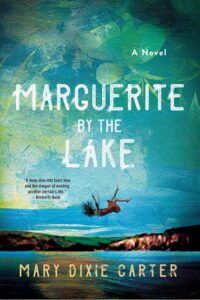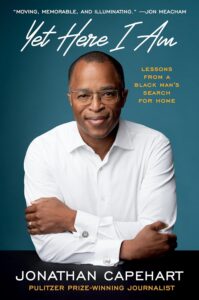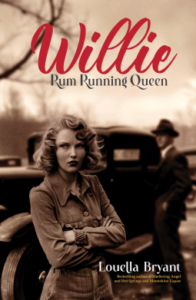(Reviewed by JD Jung)
“In less than two weeks there was more than a good chance my secret would finally be exposed—the secret that could ruin my life, that could send me to jail, that could end my career before it ever began. The secret I’d been forced to keep since I was fourteen years old.”
Julissa had landed a coveted job as a financial analyst at Goldman Sachs’ New York headquarters. On her way there she realized that maybe she wouldn’t be able to take the job. That was even though she worked so hard to get to where she was now.
She came to San Antonio, Texas from Taxco, Mexico to join her parents when she was eleven years old. They were legally working in the United States, but failed to renew their daughter’s visa , so it expired. It wasn’t until she was fourteen years old that she found out that she was now given that dreaded label, “illegal alien”.
As an outstanding high school student, she was counting on attending a prestigious college. She was depending on the passage of the DREAM Act, which would have granted her conditional residency. This act was open to those who came to the U. S. legally before they were sixteen years of age and had lived in the U.S. continually for at least five years. They must have graduated from an American high school or earned a GED. They also had to pass a criminal background check.
Then 9/11 happened, and with the anti-immigration public sentiment, the bill was scrapped. Through research and ingenuity, Julissa managed to attend the University of Texas and maintained excellent grades even though she took a ninety-mile bus ride to San Antonio every weekend to sell funnel cakes.
My (Underground) American Dream is an eye-opening look at one woman’s journey to fulfill her dreams and contribute to society while living in the shadows. Her heart-wrenching story reminds us that parents will do anything to provide a good life for their families. Though Julissa provides detail, there is nothing mentioned in the book that is superfluous. She tells us about her relationships which gives the reader a complete picture of her life, as well as her dilemma as who to tell about her situation.
I just couldn’t put this book down. Also, it reinforced my opinion that the issue of undocumented immigration is not black or white as many politicians would like us to believe. Though originally published in 2016, My (Underground) American Dream is just as relevant today as then. Unfortunately, our government has vilified and made it even harder for industrious undocumented immigrants to achieve legal status.
Julissa reminds us:
“We come to America to give our sweat, blood, and tears to pursue our dreams. We don’t risk our very lives and leave behind loved ones to come to a strange land in order to get on welfare, as many people think. With no papers, we don’t even qualify.”












